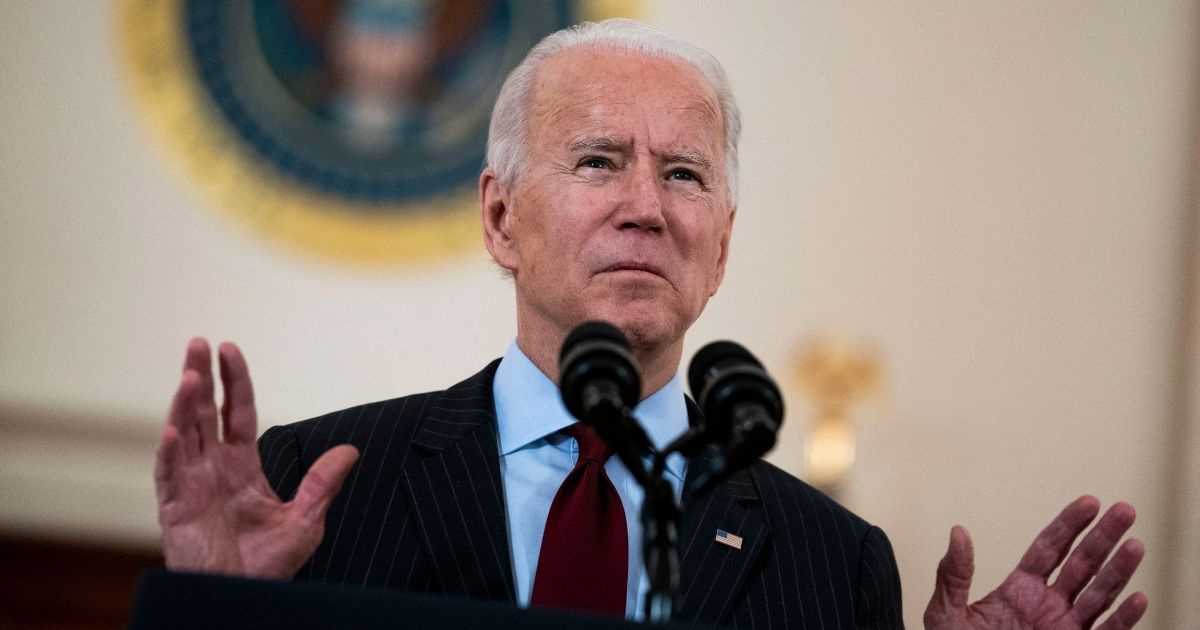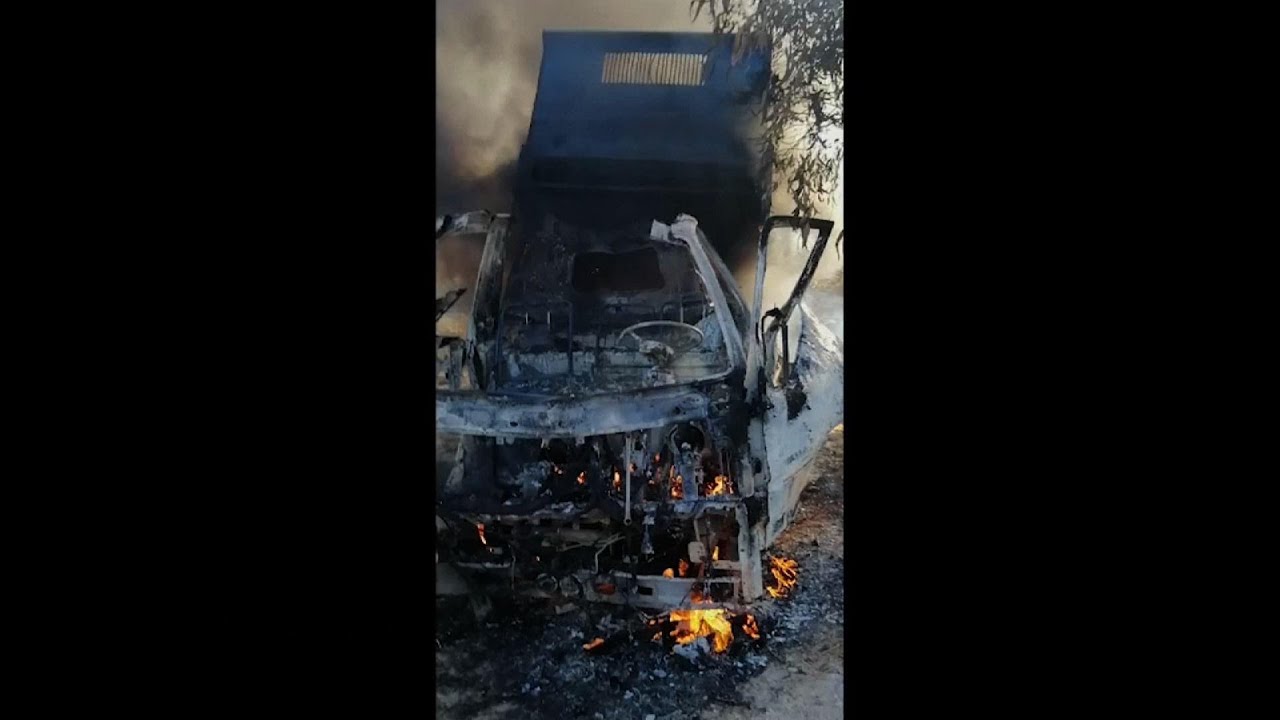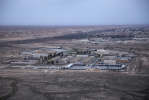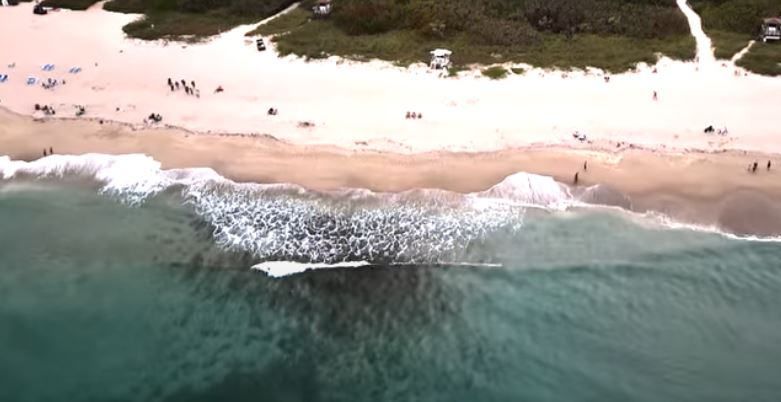They (Intelligence Agencies) are manufacturing your consent for another direct military engagement in their endless war/ money laundering. Their response will be to drop incredibly expensive bombs on an unrelated area, costing you millions of dollars.
US warns of military response to rocket attack on Iraq base
WASHINGTON (AP) — The White House warned that the U.S. may consider a military response to the rocket attack on Wednesday that hit an air base in western Iraq where American and coalition troops are housed, raising concerns this could trigger a new round of escalating violence.

apnews.com
WASHINGTON (AP) — The White House warned that the U.S. may consider a military response to the rocket attack on Wednesday that hit an air base in western Iraq where American and coalition troops are housed, raising concerns this could trigger a new round of escalating violence.
A U.S. contractor died after at least 10 rockets slammed into the base. And while no group claimed responsibility, it was the first strike since the U.S. bombed Iran-aligned militia targets along the Iraq-Syria border last week.
Heightened tensions with Iranian-backed militia groups in Iraq could lead to more attacks, complicating the Biden administration’s desire to open talks with Iran over the 2015 nuclear deal, as well as the ongoing U.S. strategy to focus more attention on Asia.
Asked about the attack, President Joe Biden told reporters, “we are following that through right now.” He added, “Thank God, no one was killed by the rocket, but one individual, a contractor, died of a heart attack. But we’re identifying who’s responsible and we’ll make judgments” about a response.
White House press secretary Jen Psaki suggested that the “calculated” U.S. airstrikes last week could be a model for a military response. Those strikes were in response to an attack on American forces in northern Iraq earlier in February.
“If we assess further response is warranted, we will take action again in a manner and time of our choosing,” Psaki said.
Pentagon spokesperson John Kirby said the U.S. contractor “suffered a cardiac episode while sheltering” from the attack and died shortly afterward. He said there were no service members injured and all are accounted for. British and Danish troops also are among those stationed at the base.
The U.S. airstrikes last week, which killed one member of the Iran-aligned militia, had stoked fears of another cycle of tit-for-tat attacks as happened more than a year ago. Those attacks included the U.S. drone strike in January 2020 that killed Iranian Gen. Qassim Soleimani in Baghdad and set off months of increased troops levels in the region.
The latest attack also comes two days before Pope Francis is scheduled to visit Iraq despite
concerns about security and the coronavirus pandemic. The much-anticipated trip will include stops in Baghdad, southern Iraq and the northern city of Irbil.
The rockets struck Ain al-Asad airbase in Anbar province early in the morning, U.S.-led coalition spokesperson Col. Wayne Marotto said. Kirby said the rockets were fired from east of the base, and that counter-rocket defensive systems were used to defend forces at the base. He added that while 10 rockets hit the base, he didn’t have information on what, if any, impact the defensive systems had in stopping any strikes. He said damage assessments were ongoing.
Asked if the attack may have come from Iranian-backed Shia militia groups, Kirby said the U.S. can’t attribute responsibility for the attack yet. He acknowledged, however, during a Pentagon briefing, that “we have seen rocket attacks come from Shia-backed militia groups in the past. So in that way, certainly it certainly coincides with our past experience here.”
It’s the same base that Iran struck with a barrage of missiles in January of last year in retaliation for the killing of Soleimani. Dozens of U.S. service members suffered concussions in that strike.
The Iraqi military released a statement saying that Wednesday’s attack did not cause significant losses and that security forces had found the launch pad used for the rockets — a truck. Video of the site shows a burning truck in a desert area.
British Ambassador to Iraq Stephen Hickey condemned the attack, saying it undermined the ongoing fight against the Islamic State group. “Coalition forces are in Iraq to fight Daesh at the invitation of the Iraqi government,” he tweeted, using the Arabic acronym for IS. “These terrorist attacks undermine the fight against Daesh and destabilize Iraq.”
Denmark said coalition forces at the base were helping to bring stability and security to the country.
“Despicable attacks against Ain al-Asad base in #Iraq are completely unacceptable,” Danish Foreign Minister Jeppe Kofod tweeted. The Danish armed forces said two Danes who were at the base at the time of the attack are unharmed.
Last week’s U.S. strike along the border was in response to a spate of rocket attacks that targeted the American presence, including one that killed a coalition contractor from the Philippines outside the Irbil airport.
After that attack, the Pentagon said the strike was a “proportionate military response.”
Marotto, the coalition spokesperson, said the Iraqi security forces were leading an investigation into the attack.
Frequent rocket attacks in Baghdad targeting the heavily fortified Green Zone, which houses the U.S. Embassy, during Donald Trump’s presidency frustrated the administration, leading to threats of embassy closure and escalatory strikes. Those attacks have increased again in recent weeks, since President Joe Biden took office, following a lull during the transition period.
U.S. troops in Iraq significantly decreased their presence in the country last year and withdrew from several Iraqi bases to consolidate chiefly in Ain al-Asad, Baghdad and Irbil.
___












